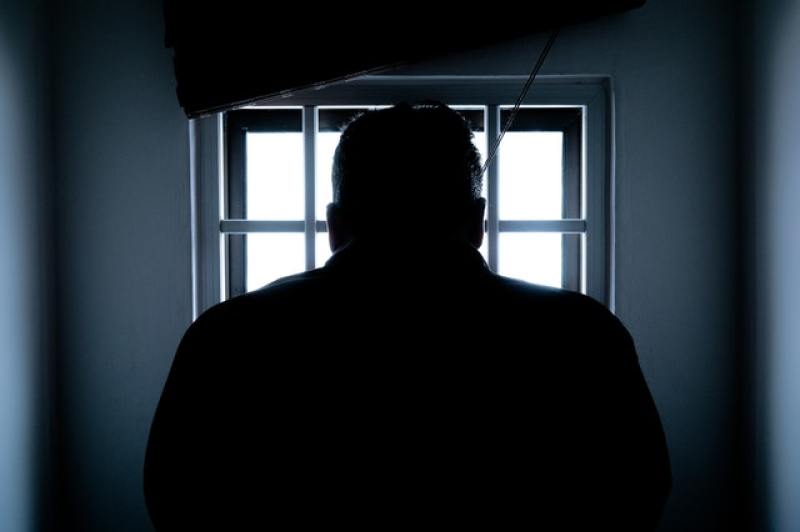
An advocacy coalition of faith and religious freedom groups led by the Southern Baptist Convention's Ethics & Religious Liberty Commission and the National Association of Evangelicals defended the right of a Texas death row inmate to have his pastor pray for him and lay hands on him.
In a 33-page amicus brief, the coalition reportedly backed Texas inmate John Henry Ramirez's "religious exercise," Christian Post reported.
The "ERLC and the Seventh-Day Adventist General Conference, the Christian Legal Society, the Anglican Church in North America, the Baptist Joint Committee for Religious Liberty, the National Association of Evangelicals, Queens Federation of Churches, and the Rutherford Institute" were among the groups involved.
"In carrying out the execution of John Henry Ramirez, the State of Texas ... will substantially burden his right of religious exercise if it imposes a blanket ban on his pastor engaging in audible prayer or touching him to give spiritual comfort at his moment of death," the brief reads in part.
"Previous cases in this Court have already indicated the importance of the right to such meaningful spiritual comfort in the execution chamber for a condemned prisoner of any faith. The amici joining this brief, who include Christian religious bodies of varying theological views, affirm the importance of that right," it added.
The faith and religious freedom organizations also argued in their amicus brief that the state had failed to articulate this onerous burden under the strict requirements of the Religious Land Use and Institutionalized Persons Act for four different reasons.
In their explanation, the organizations said that Texas was trying to transfer the burden of proof back to Ramirez by making excuses for its inability to provide concrete proof. According to them, "under RLUIPA, both the burden of production and the burden of persuasion remain on the State, not the person whose religious exercise is substantially burdened."
The brief continued that even if Texas can show that denying public prayer and physical contact advances a compelling interest, it still has a burden of proof to back up that claim.
The religious organizations also claim that Texas has undermined its case that a blanket prohibition on "audible prayer and physical touching are necessary to serve compelling interests" since they had previously permitted the practice in prior executions.
"It has already permitted audible prayer by spiritual advisors in the execution 7 chamber," the brief pointed out. "And it has already permitted spiritual advisors to place their hands on inmates during the execution procedure"
Thus, they argue that Ramirez deserves an ongoing injunction to stop his execution from being carried out in a way that violates his freedom to practice religion in the final moments of his life.
Associated Press reports that the U.S. Supreme Court delayed the execution of Ramirez, 37, scheduled for death row for killing Corpus Christi convenience store worker Pablo Castro, 46, on Sept. 8. As part of its order, the high court has reportedly scheduled a briefing to deliberate Ramirez's request for a pastor to be present in October or November.
Seth Kretzer, his attorney, said that the Texas Department of Criminal Justice was infringing his First Amendment right to exercise religion by prohibiting his pastor from laying hands on him and praying vocally while he got his fatal injection.
Kretzer said in court papers that the law is "hostile to religion," limiting religious practice at the exact time when "it is most needed: when someone is transitioning from this life to the next."
Ramirez's spiritual advisor for the previous four years, Dana Moore, a pastor at Second Baptist Church in Corpus Christi, told the Associated Press that "John's sentence wasn't death and you can't have any meaningful contact."
Moore is reported to have said, "He's paying for his crime. I guess the question that would come up, is that not enough?"



















